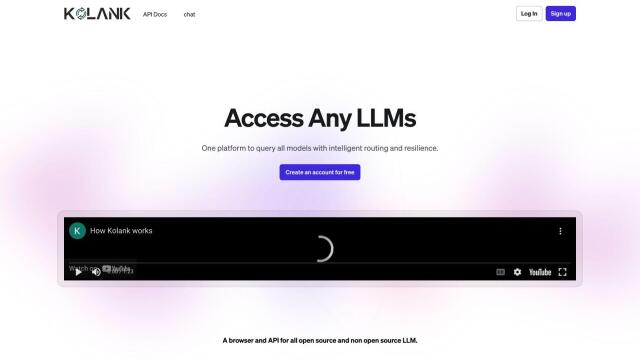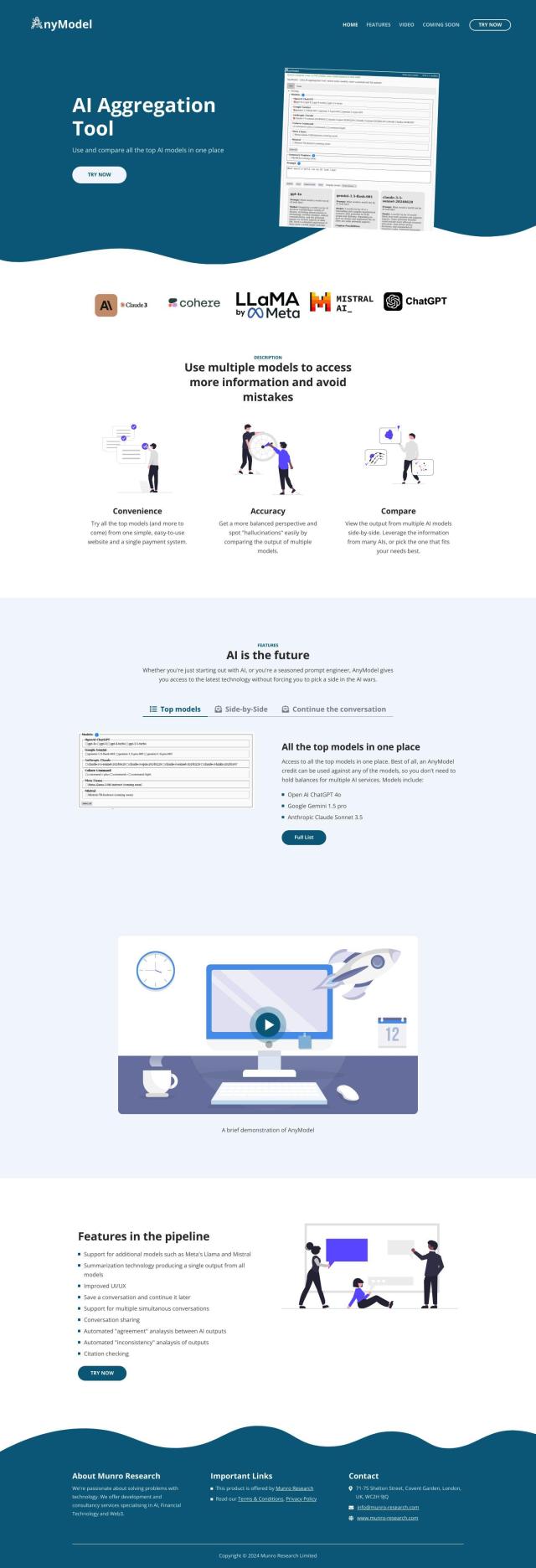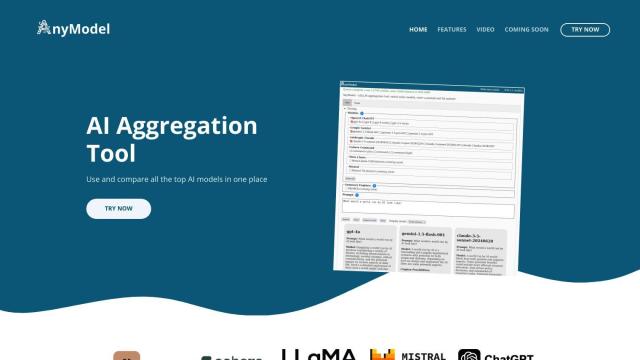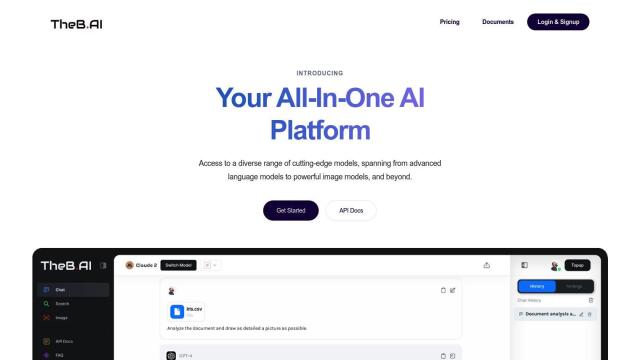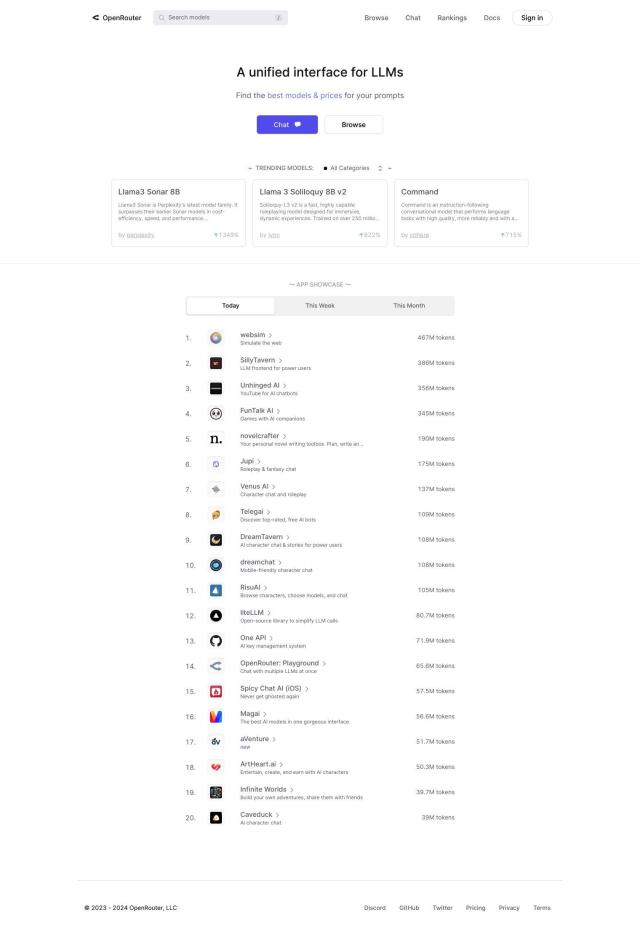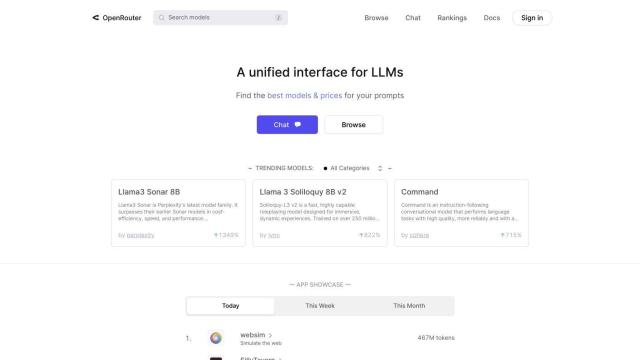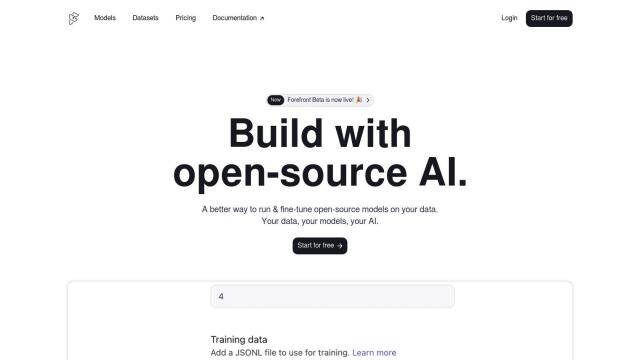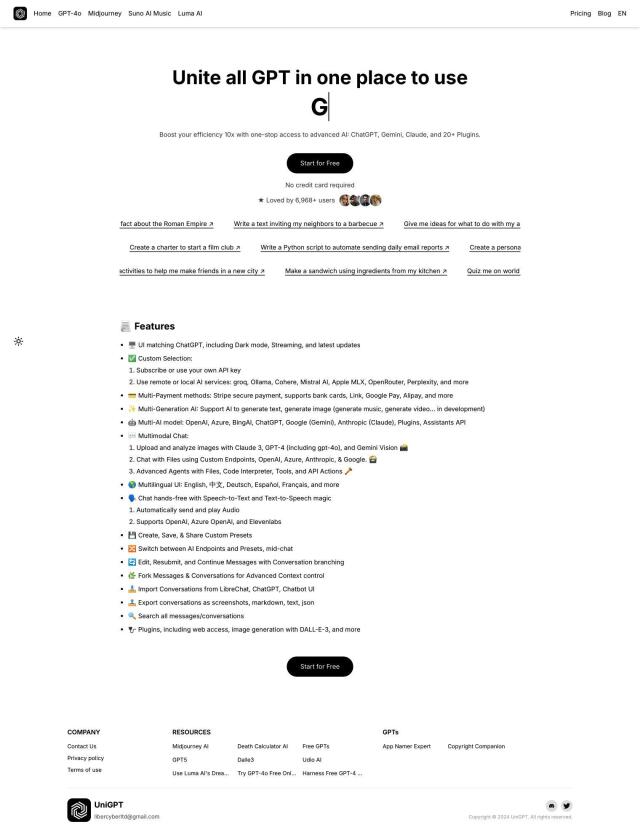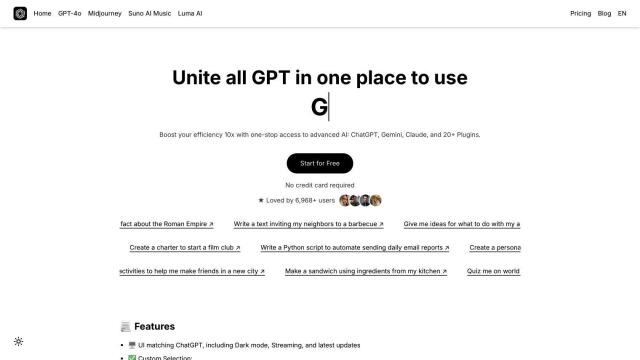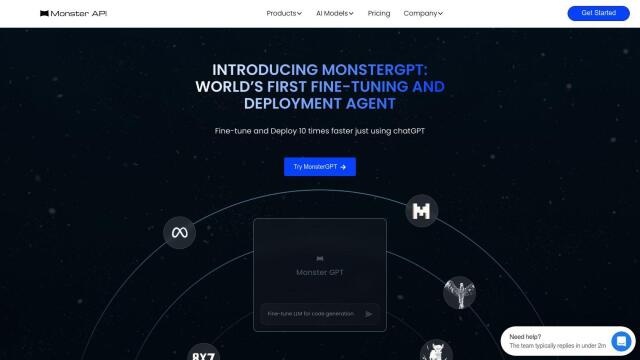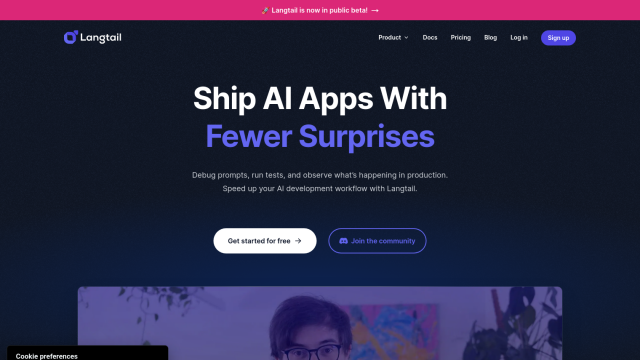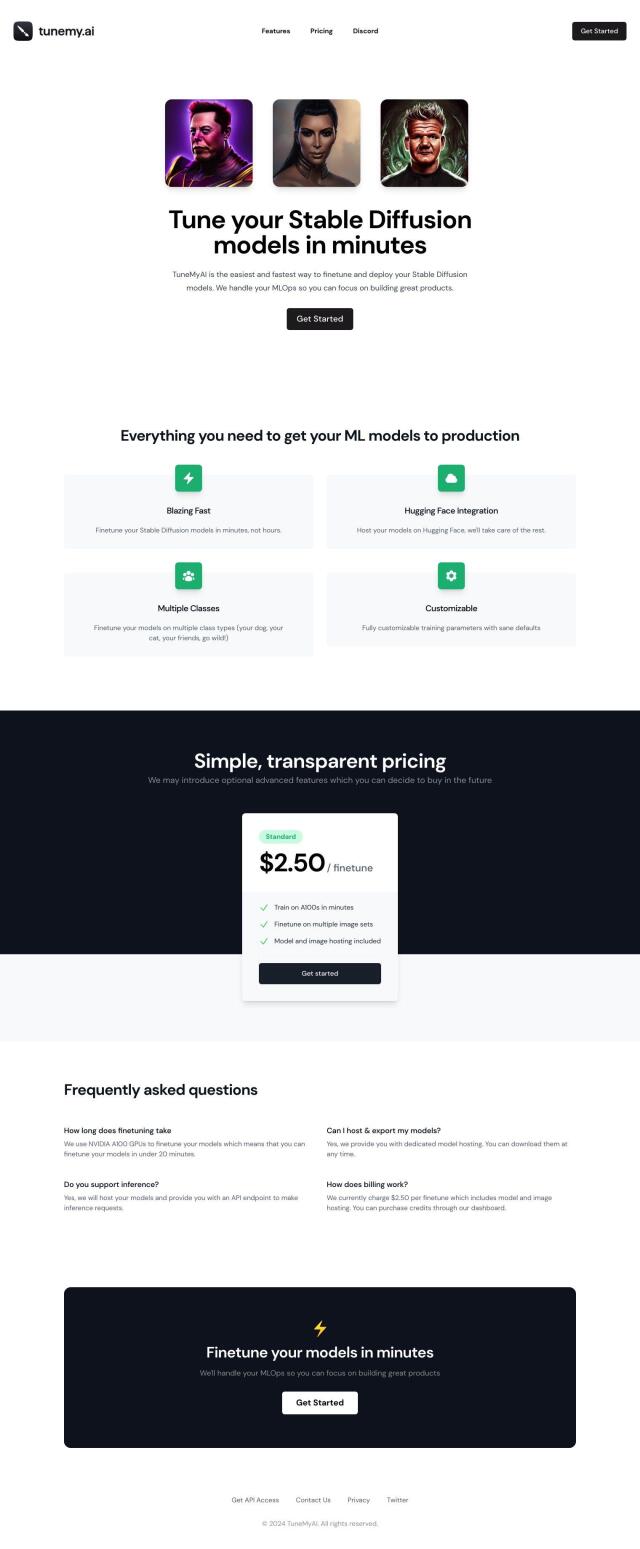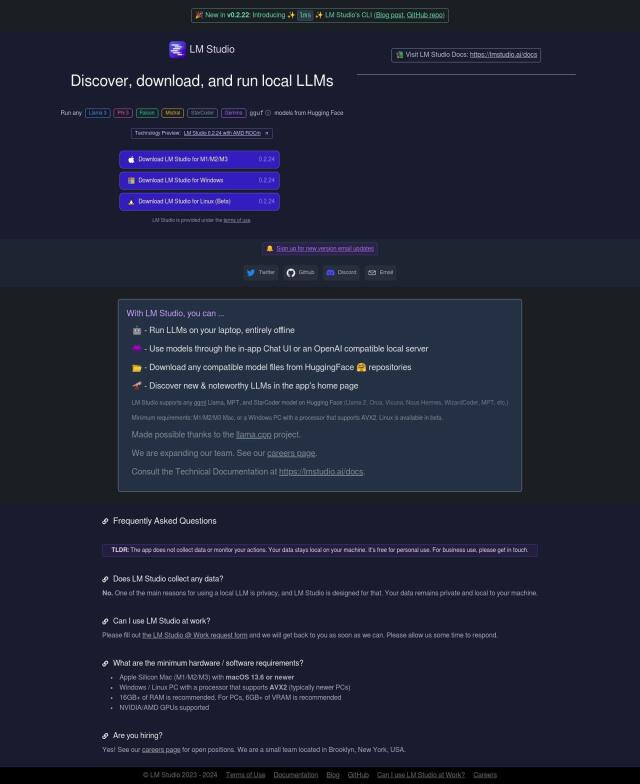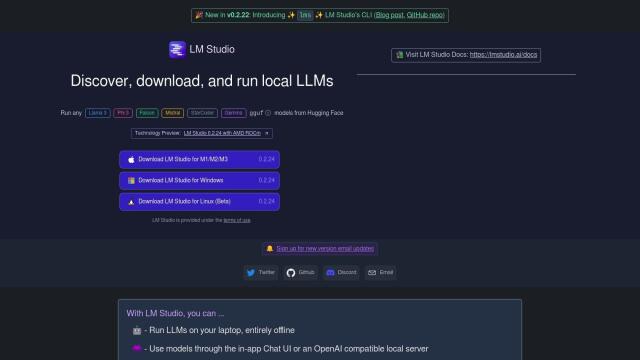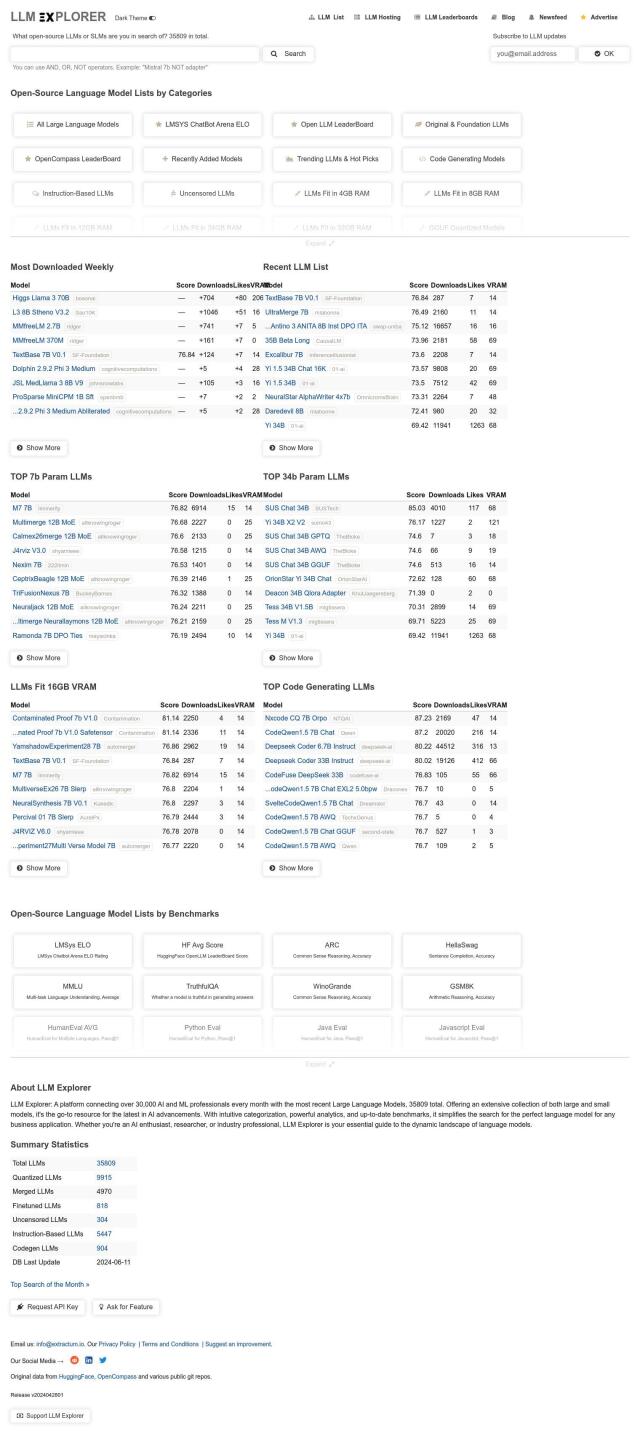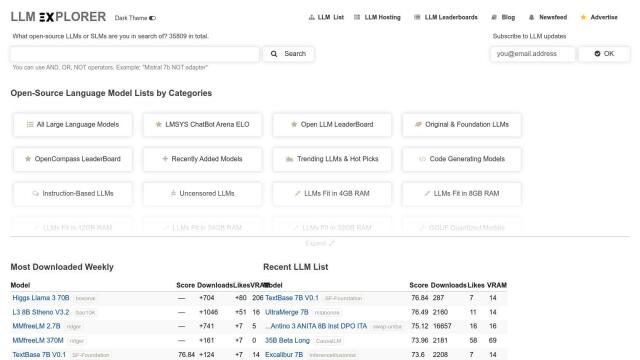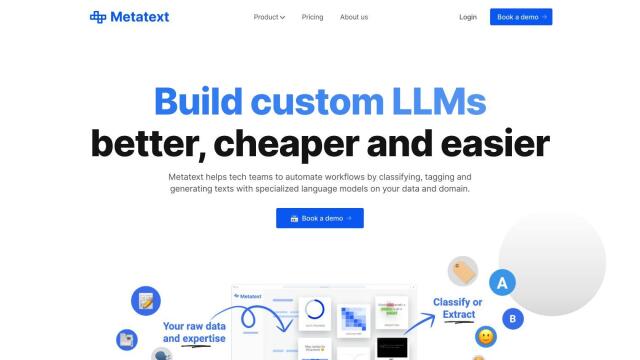Question: Is there a service that provides a single interface for managing multiple language models and fine-tuning their parameters?


Humanloop
If you're looking for a service that offers a unified interface for managing multiple language models and fine-tuning their parameters, Humanloop is a top contender. This service is built to manage and optimize the development of Large Language Models (LLMs), helping to overcome common challenges like workflow inefficiencies, manual evaluation, and poor collaboration. It has a collaborative prompt management system with version control and history tracking, an evaluation and monitoring suite for debugging and reliable AI performance, and customization and optimization tools for connecting private data and fine-tuning models. Humanloop supports popular LLM providers and offers Python and TypeScript SDKs for seamless integration, making it a good fit for product teams, developers and anyone building AI features.

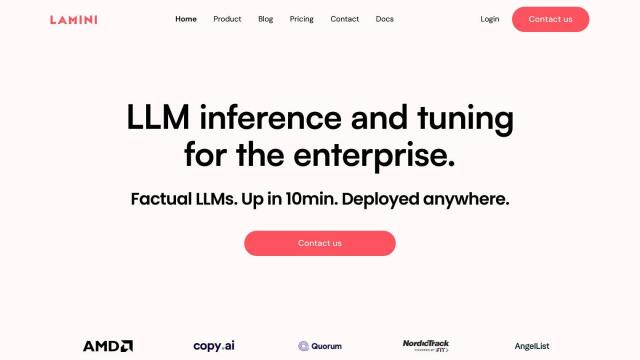
Lamini
Another option is Lamini, an enterprise-grade LLM platform that lets software teams build, manage and deploy their own LLMs on their own data. Lamini offers features like memory tuning for high accuracy, deployment on different environments, including air-gapped environments, and high-throughput inference. The service handles model selection, tuning and inference, letting teams work directly with LLMs. It can be installed on-premise or on the cloud and runs on AMD GPUs, scaling to thousands of LLMs. Lamini offers a full platform for managing the model lifecycle from comparison to deployment and includes both a free tier and a custom enterprise tier with dedicated support.

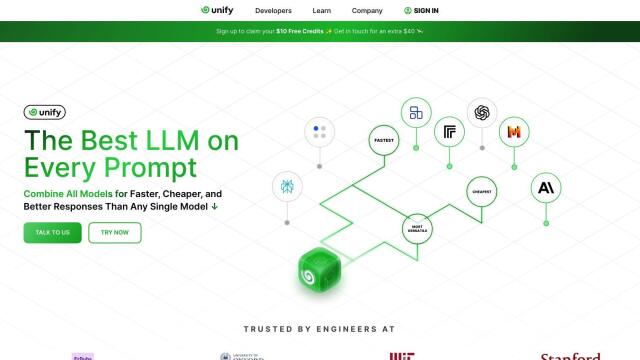
Unify
For those who want to optimize large language model applications by sending prompts to the best available endpoint, Unify offers a dynamic routing service with a standardized API for interacting with multiple LLMs. Unify offers custom routing based on cost, latency and output speed constraints, live benchmarks updated every 10 minutes, and the ability to define your own quality metrics and constraints. The service offers better accuracy by taking advantage of the best of each LLM, better flexibility, and faster development by reusing existing LLM capabilities. Pricing is based on a credits system, with new signups receiving $50 in free credits.


Predibase
Last, Predibase is a platform for developers to fine-tune and serve large language models in a cost-effective and efficient manner. Users can fine-tune open-source LLMs for specific tasks using state-of-the-art techniques like quantization and low-rank adaptation. Predibase offers a cost-effective serving infrastructure, free serverless inference for up to 1 million tokens per day, and enterprise-grade security with SOC-2 compliance. It supports a wide range of models and operates on a pay-as-you-go pricing model, making it a flexible and affordable option for developers looking to integrate robust LLM capabilities into their applications.

